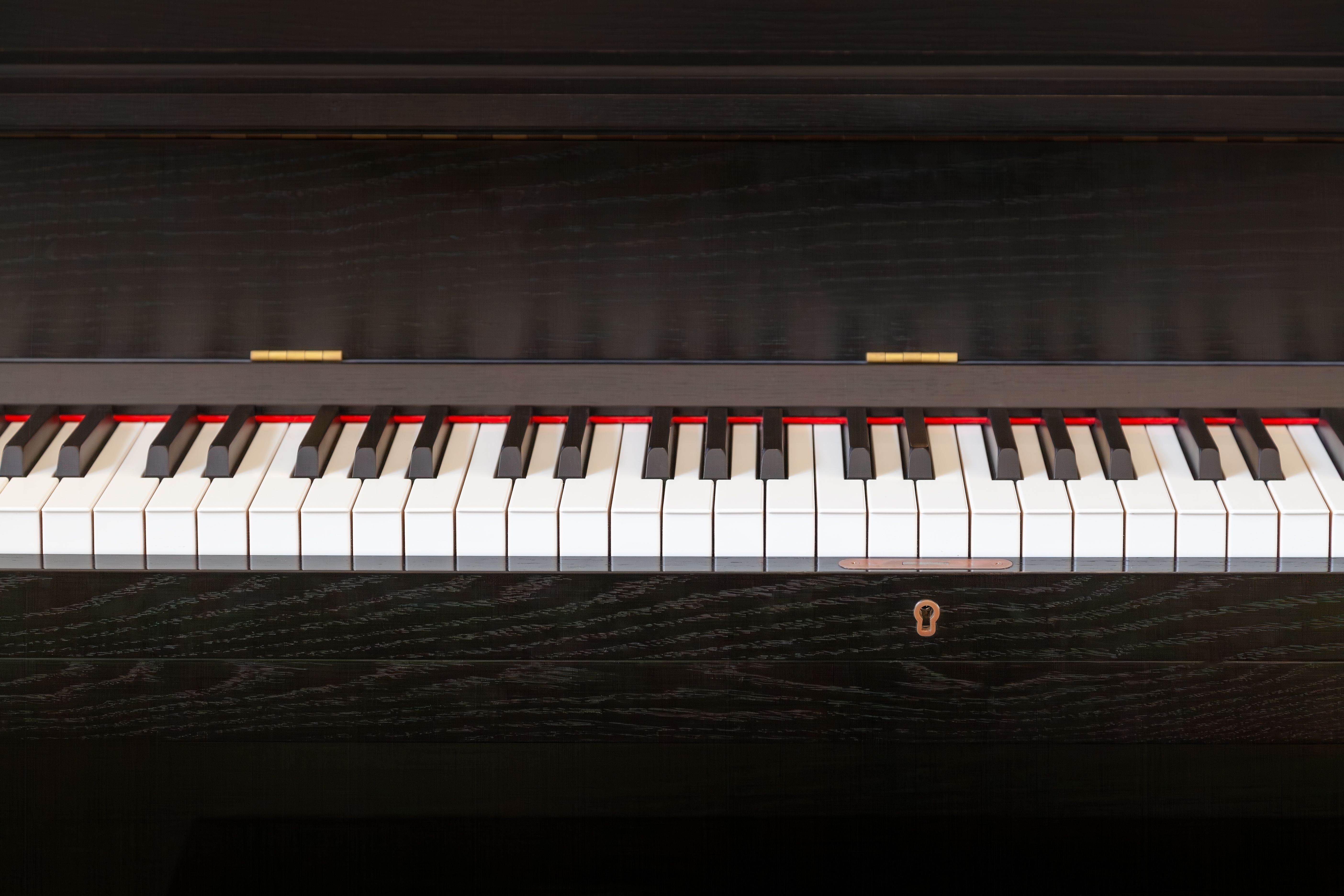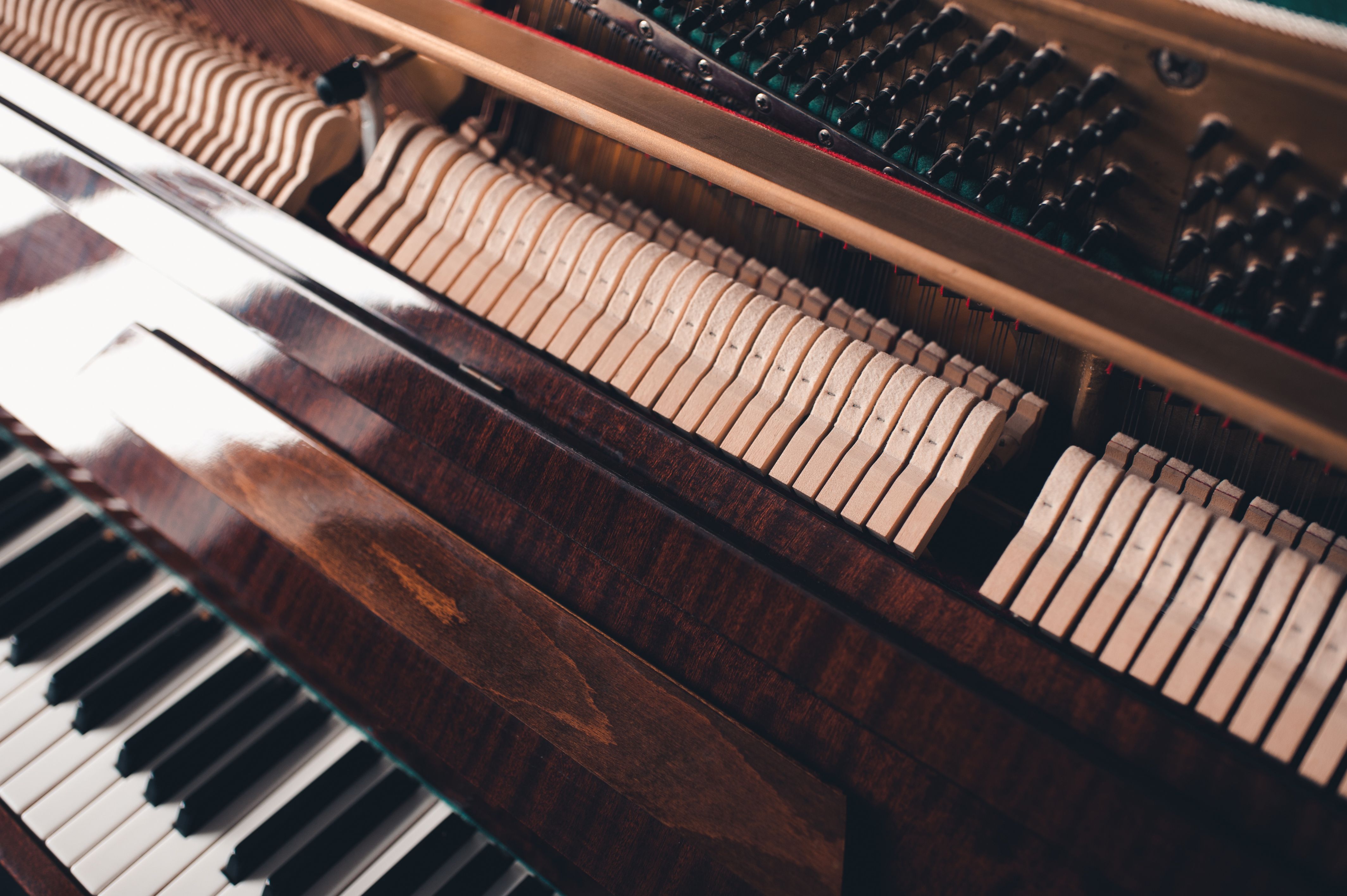The Perks of Neglecting Piano Maintainence
The Importance of Regular Piano Tuning
The piano, an instrument revered for its rich tones and expressive range, requires diligent care to maintain its brilliance. Yet, many piano owners overlook one critical aspect of maintenance: regular tuning. Neglecting this can lead to a host of issues that not only affect the sound but also the longevity of the instrument.

Why Pianos Go Out of Tune
Pianos are intricate instruments made up of numerous strings, each under significant tension. Changes in temperature and humidity can cause these strings to expand or contract, leading to an out-of-tune piano. Even if the piano is not played frequently, these environmental factors can still have a profound impact.
Additionally, regular playing can also contribute to a piano going out of tune. The vibration and force exerted on the strings during play can gradually shift their tension, nudging them out of their optimal state.
The Consequences of Neglect
The effects of neglecting regular tuning go beyond just an unpleasant sound. Over time, the absence of tuning can lead to more serious issues such as:
- String Damage: Prolonged tension imbalance can lead to string breakage.
- Structural Issues: The soundboard and other components may suffer damage due to uneven pressure.
- Devaluation: A poorly maintained piano loses its value significantly.

How Often Should You Tune Your Piano?
For optimal performance, it is generally recommended to tune a piano at least twice a year. This frequency helps accommodate seasonal changes in humidity and temperature, which are major factors in tuning stability. However, more frequent tuning may be necessary for pianos in environments with extreme climate variations or for instruments that are played regularly.
Professional pianists and institutions often tune their pianos even more frequently to ensure the highest quality sound and performance.
Benefits of Regular Tuning
Regular tuning offers several benefits that are vital to both the instrument and the player. Firstly, it ensures that the piano produces the best possible sound, enriching the playing experience. Secondly, routine maintenance helps to identify potential issues early, allowing for timely repairs that can prevent costly damage.

Moreover, a well-maintained piano can inspire musicians to practice more, as the rewarding sound of a properly tuned instrument can be highly motivating.
Conclusion
In conclusion, neglecting regular piano tuning can have serious consequences. To preserve the integrity and value of your instrument, it is crucial to adhere to a consistent tuning schedule. By doing so, you not only enhance your playing experience but also ensure that your piano remains in excellent condition for years to come.
Whether you are a casual pianist or a seasoned performer, remember that regular piano tuning is not just a maintenance task—it's an investment in the longevity and quality of your instrument.
